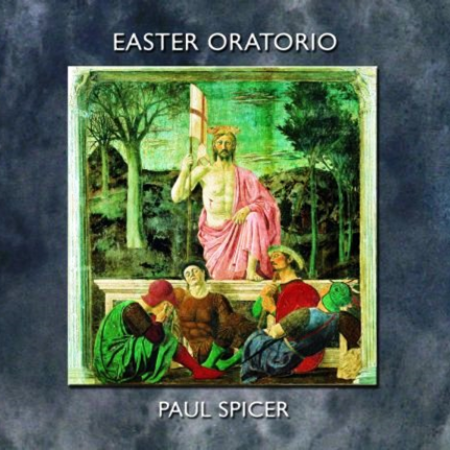Some of the most famous music written by Johann Sebastian Bach are the St. John’s Passion and the St. Matthew’s Passion, which recount in detail the trial and crucifixion of Jesus in musical form. They continue to be frequently performed and set the tone for Good Friday. It is known that Bach also composed a St Mark’s Passion and possibly other oratorios for Good Friday. He was not the only Baroque composer to write in this genre. For example, Georg Philipp Telemann and George Friedrich Händel composed Passion oratorios to the words of Barthold Heinrich Brockes.
In more recent times, John Stainer’s Crucifixion also focused on the suffering and death of Jesus in musical form. Bach’s passions have also been modernised, without the long arias and with more modern instruments, such as electric guitars and percussion.
Oratorios celebrating the resurrection for some reason have not been as popular. Bach composed an Easter Oratorio and several shorter cantatas celebrating the resurrection. Händel also wrote an oratorio on the resurrection. But these works are not as frequently performed and listened to as the Passions. To provide more choral music that celebrated the resurrection well-known New Testament scholar and music-lover Tom Wright therefore joined forces with the British composer Paul Spicer to write an Easter Oratorio. It was first performed in 2000. It follows the classical format of recitation, arias, hymns and choral pieces. The text is based on chapters 20 and 21 of St John’s Gospel. The reflections in the arias and choral pieces are quite deep. I want to quote two of those poems:
Aria (bass)
The victory of the cross is now declared.
When we were foes, God made us friends;
When we were slaves, he made us sons.
He calls us now To be the brothers of our Lord,
The newborn sisters of the crucified.
Chorale
The first to bring the gospel
Of life newborn at last
Was she who most had needed
God’s healing from the past.
God chose the weak and humble,
To shame the proud and strong,
God chose the meek and trusting
To prove the sceptic wrong!

